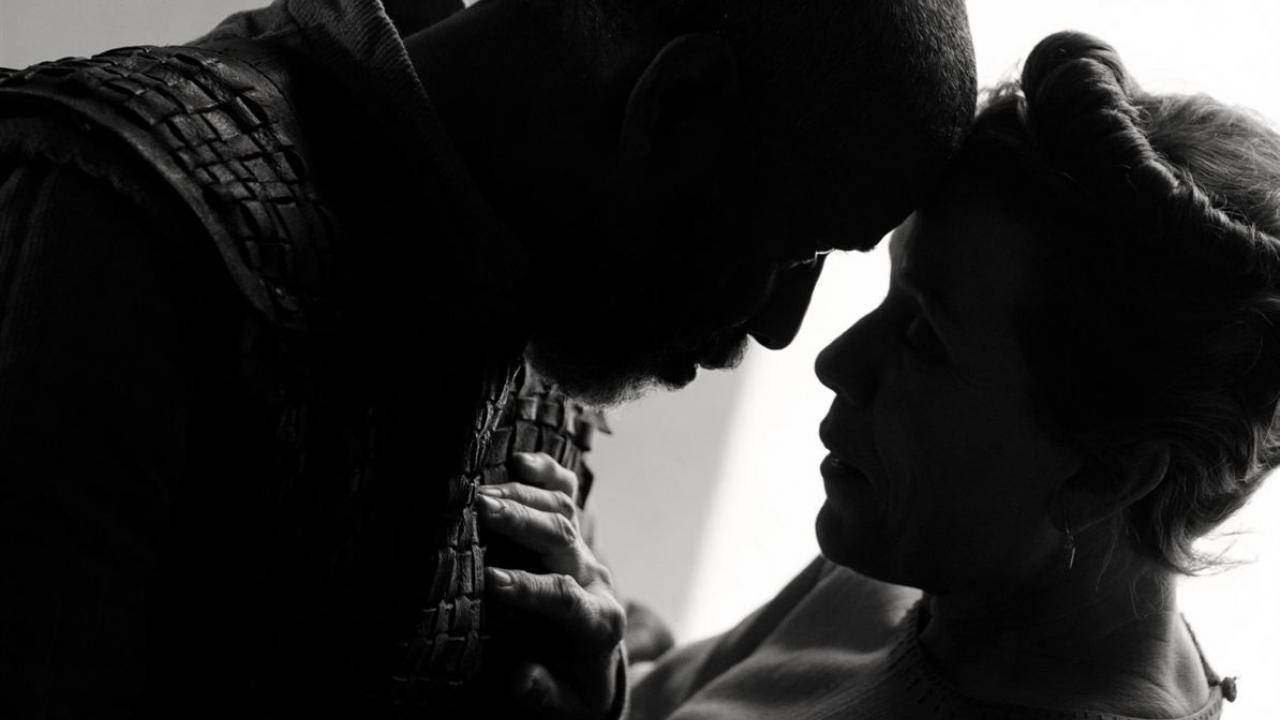Kategorie: Unterrichtsmaterial auf englisch
"The Tragedy of Macbeth" – Worksheet
Exercise sheet for "The Tragedy of Macbeth" for the subjects English, German and performing arts, from age 16

a) Are you already familiar with Shakespeare’s tragedy, Macbeth?
If yes:
Write down the fable of the drama (the essential strands of the basic plot on which a literary work is based) in a few sentences.
If not:
Familiarise yourselves with the plot and write down the fabel of the drama (the essential strands of the basic plot on which a literary work is based) in a few sentences.
b) Present the fables in class and clarify any open questions.
c) The drama has been adapted for cinema a number of times. Write down bullet points outlining how you would envisage a contemporary adaptation:
locations (Glossar: Zum Inhalt: Drehort/Set):
scenography (Glossar: Zum Inhalt: Production Design/Ausstattung):
costumes (Glossar: Zum Inhalt: Kostüm/Kostümbild):
colour design (Glossar: Zum Inhalt: Farbgestaltung):
music (Glossar: Zum Inhalt: Filmmusik):
additional aspects:
d) Now watch the trailer. Pay attention to the criteria from exercise c) and discuss their effects on viewers.
During the screening:
e) In addition to the cinematic means named in exercise c), observe the use and effect of the camera (camera angles [Glossar: Zum Inhalt: Einstellungsgrößen], movements [Glossar: Zum Inhalt: Kamerabewegungen] and perspectives [Glossar: Zum Inhalt: Kameraperspektiven]) and the acting (Glossar: Zum Inhalt: Schauspiel) (use of body and voice).
After the screening:
f) Discuss what you found especially moving or surprising.
g) Write down a few sentences about the plot of the film, "The Tragedy of Macbeth". Together, compile a list of similarities and differences between the fable of the drama and discuss possible reasons.
h) Compare your results from exercise e).
Optional for performing arts: In class, you have become acquainted with various acting techniques/models (including Stanislawski, Meyerhold and Brecht). What qualities were you able to observe in the actors’ performances (e.g. authenticity, naturalness, the depiction of emotions with physical gestures, distance to the role) in "The Tragedy of Macbeth"?
i) Split up into small groups and study the following aspects in greater detail, explaining their significance in "The Tragedy of Macbeth" / how they are portrayed in "The Tragedy of Macbeth":
1) The real person Macbeth
Use the following websites as starting points for your research:
Zum externen Inhalt: www.bbc.co.uk: Macbeth (öffnet im neuen Tab)
2) The mythology of the raven
Use the following website as a starting point for your research:
Zum externen Inhalt: www.bbc.co.uk: Raven (öffnet im neuen Tab)
3) The role of Lady Macbeth
Use the following website as a starting point for your research:
Zum externen Inhalt: bbc.com: Why Lady Macbeth is literature's most misunderstood villain (öffnet im neuen Tab)
4) The genre film noir
Use the following website as a starting point for your research:
Zum externen Inhalt: britannica.com: Film Noir (öffnet im neuen Tab)
5) Cinematic references
Use the following websites as starting points for your research:
Zum externen Inhalt: www.filmtheory.org: Aspect Ratio (öffnet im neuen Tab)
Zum externen Inhalt: www.britannica.com: The Seventh Seal (öffnet im neuen Tab)
j) Look at the individual entries and clarify any open questions.
k) Write a film review of "The Tragedy of Macbeth", using the results of exercises), g) and i).
l) Present your reviews and give each other feedback based on specific criteria.